Have you ever stopped to think about the cost of your goods?
I am sure you think about it everytime you pull out your wallet to pay, and usually stuff is too expensive, stuff is always too expensive most would moan.
But have you ever thought about that deeply? If you do, you will find that most of our stuff is way too cheap. Most of what we buy is not made in England, but abroad where it is much much cheaper to produce.
But sadly it is only cheaper to produce on a financial level. The cost to nature and the human cost is not counted.
In life and nature there is a fine balance in everything we do, if we pay for the goods here with little money, somoene and something else is suffering for it. Cheap goods mean that possible a child in another country has had to make your goods, or a grand parent who should be enjoying retirement, or an overworked woman, working in a factory with no health and safety, chemicals all around and poor equipment.
It also means that the materials used might have been doused in chemicals to make them cheap to manufacture, sometimes using chemicals that have been long banned in the west. Or wood might have come from illigal sources such as the Rainforest.
Our goods are only cheap because over here what the average person earns in a day might take a month ore more for someone to earn in some countries.
This creates a system that we take for granted, cheap goods, cheap food etc. This is a total illusion and only works while we are trading on such an un even playing field.
It creates waste and careless use of resources because we know it is all too easy and cheap enough to “just get a new one”, it’s just not worth fixing it.
Local craftsmanship is deemed too expensive because of it and is no longer affordable in comparison to cheap imports. Let’s stop and think of what we are supporting when we buy goods from abroad. We are creating pollution in the transport of it, we are possibly exhausting precious natural resources, using slave labour and polluting the World.
On the other hand if we buy local we will be supporting the local economy, so money will be spent at home and will boost our economy, it won’t be going to big companies who are not even based and paying taxes in the UK. It will have travelled less, will be made from local materials that don’t pillage the precious rainforest and at best will be made from natural organic produce which won’t pollute the environment The producers will be more accountable because they are close to you, they have a relationship and they are answerable to you, if you don’t like the way they might do something you can tell them or use someone else.
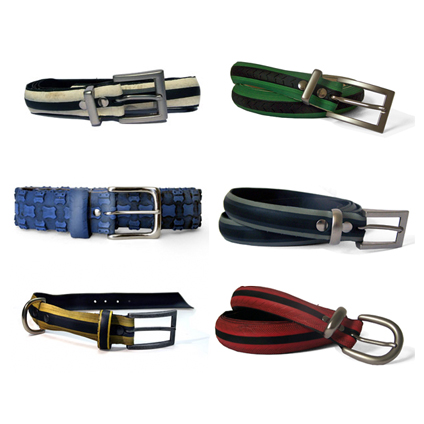
Beautiful belts hand made in London by Velo-re, made of old bike tires.
Local economies create communities, they bring people together to trade, to chat about each other, exchange contacts and to care about each other more, imagine the person who has just had a beautiful bed made by a craftsmen he will want to tell all his friends about it and they will want to go to him for their bed, and not to China where they have no idea who made it. The thought of knowing the person who made it and their story is so much more fulfilling to the human soul than the money saved by buying a cheap bed from abroad.
They will want to treasure that bed, because they paid a decent price for it, they know it came from wood that was sustainably harvested locally to them, or even reclaimed, it was made with love and of quality that will last. They will be able to pass it down to their relatives when they don’t need it anymore or sell it, at a good price. It will be worth selling on and not just leaving outside their door “because it’s just not worth it”.
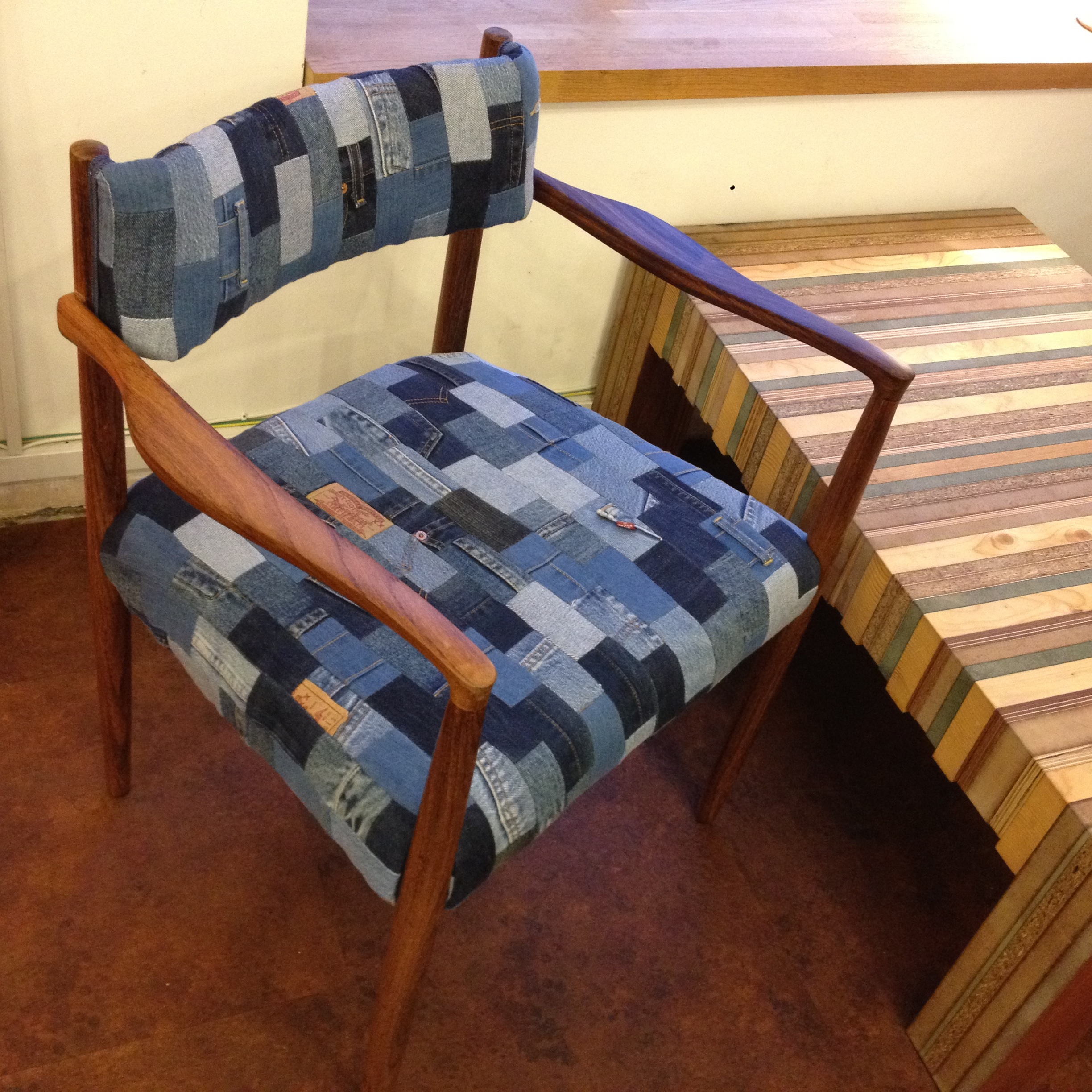
This Chair is upcycled in London using a well built, quality chair using old jeans. The chair is ready for another lifetime. Made by Emma Phelps.
Our goods are just too cheap, imagine if the cost of making a bed was the same here are as in India for example, there would be no reason to have it made there, so the only reason we have our goods produced abroad is because it’s cheap. Isn’t that a sad affair? If money was taken out of the equation, it would make no sense to have your bed produced over there and we would make totally different decisions, healthier decisions better for the planet and all it’s inhabitants.
And lastly I hear some of you say, well not everyone has the money for this and that. Well it’s all about prioritising and thinking cleverly about what you are doing. Buy second hand which is by far the most environmentally friendly way of shopping, buy quality once instead of cheap tat twice or more and save before you buy. It is not a human right to have everything we desire straight away, we have just got spoiled with what we have, things are too easy to buy and too easy to dispose of.
Think twice before you buy and twice before you throw.
I hope that next time you plan on buying something you think about why it is cheap and how this will be affecting the World, it’s resources, it’s people and the lost opportunities locally.
Tristan Titeux, Sat 29th December 2012
I would be pleased to Connect with you here:
![]() Facebook Personal Page: http://www.facebook.com/TristanTiteux
Facebook Personal Page: http://www.facebook.com/TristanTiteux
![]() Facebook Business Page: http://www.facebook.com/customcarpentryuk
Facebook Business Page: http://www.facebook.com/customcarpentryuk
![]() You Tube Channel: Search for “CustomCarpentryUK” or click here: http://tiny.cc/76moe
You Tube Channel: Search for “CustomCarpentryUK” or click here: http://tiny.cc/76moe
![]() Twitter, search for “@TristanTiteux” here: http://twitter.com/
Twitter, search for “@TristanTiteux” here: http://twitter.com/
![]() LinkedIn, search for “Tristan Titeux”
LinkedIn, search for “Tristan Titeux”
Alternativelly Search Tristan Titeux in Google for more.
Main photo credit: Uneven Playing Field ads done by Arnold Furnace

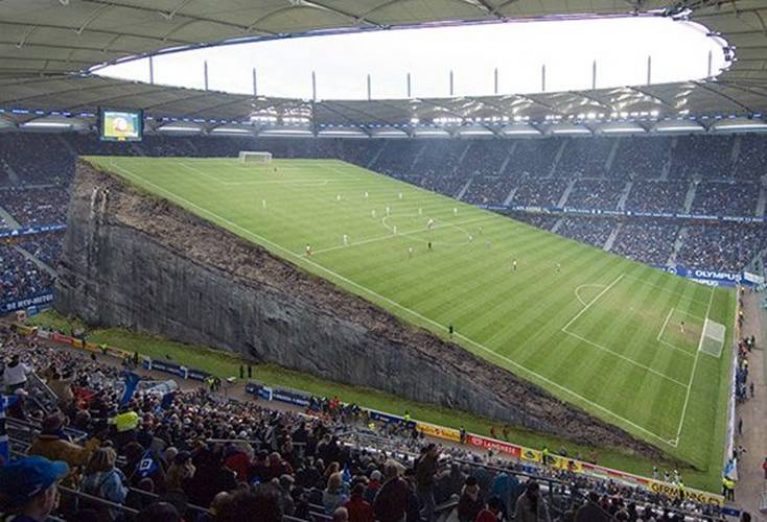
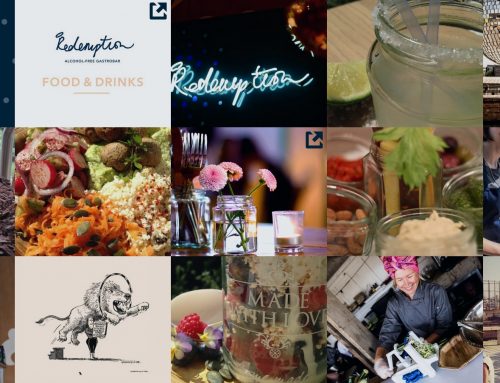
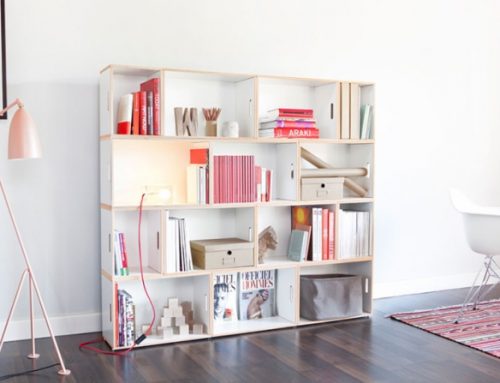
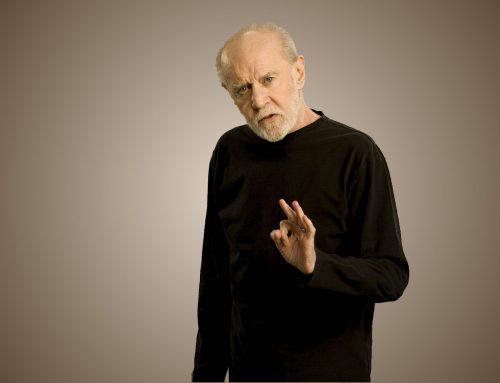
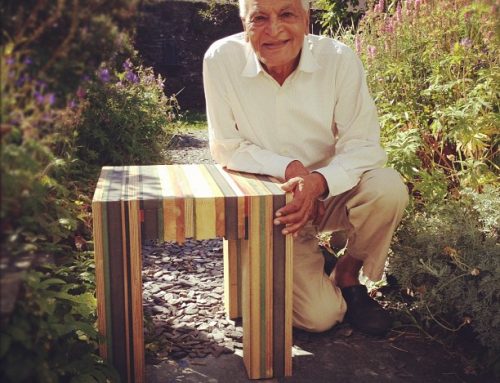
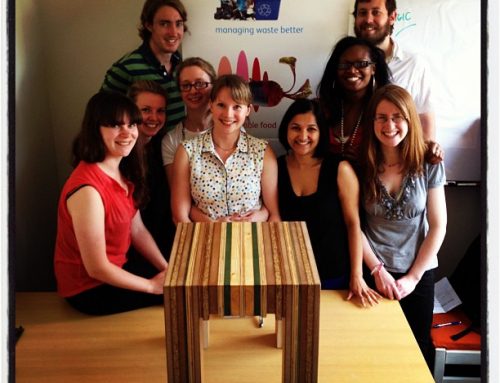
Leave A Comment